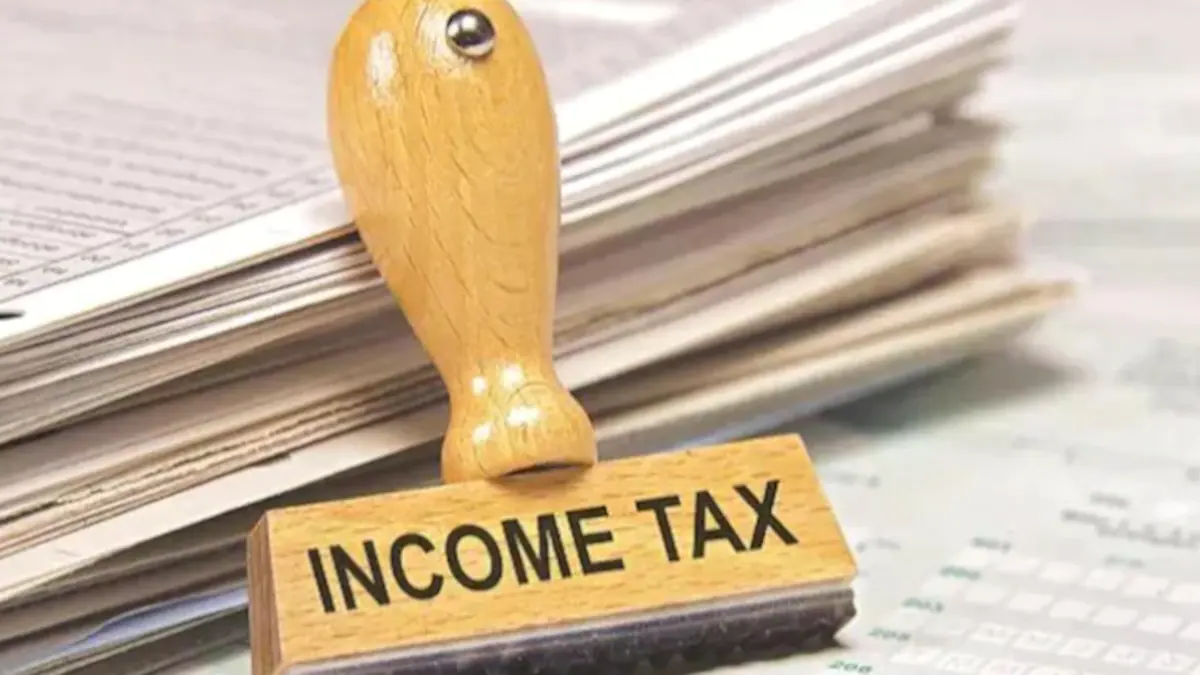Income tax is an amount levied by the governing authority on income earned by businesses and individuals within their jurisdiction. Every taxpayer is expected to file an income tax return each year in order to determine their tax responsibilities. Governments rely on income taxes to generate revenue. They are used to pay for government obligations, support public services, and provide commodities to inhabitants.
What is the Process of Income Taxation?
Most countries have an advanced income tax system, which means that higher-income earners pay a greater tax rate than lower-income earners. To help finance the Civil War, the United States enacted the nation’s first income tax in 1862. The tax was repealed after the war, but it was restored in the early twentieth century. It talks about the tds on 194j.
In a country like the USA, the Internal Revenue Service (IRS) collects taxes and enforces tax laws. The IRS has a complicated collection of rules and regulations governing reportable and taxable income, deductions, credits, etc. Wages, salaries, commissions, investments, and business earnings are all subject to taxation by the agency. Personal income taxes collected by the government can pay for government programs and services such as Social Security, national security, schools, and roads.
Types of Income Tax
Individual Income Tax
Individual income tax is a revised analogy for personal tax. This tax levies a person’s wages, salaries, and other sources of income. This is typically a state-imposed tax. The Internal Revenue Service (IRS) provides many income tax deductions and tax credits that taxpayers can use to subtract their taxable earnings. While a subtraction lowers your taxable income and the tax rate used to calculate your tax, a tax credit lowers your income tax by providing you with a more significant return on your withholding.
The IRS provides tax breaks for medical expenditures, investments, and certain educational expenses. For example, if a person earns $100,000 and is eligible for $20,000 in deductions, his or her taxable income falls to $80,000 ($100,000 – $20,000 = $80,000).
Income Taxes on Businesses
Corporations, partnerships, self-employed contractors, and small enterprises all pay taxes on their earnings. With respect to the business structure, either the corporation, its owners, or shareholders report their business income and then deduct their operational and capital expenses. Their taxable business income is the difference between their business income and their operating and capital expenses.
New Hampshire is a state which does not have a state tax on wages. On the other hand, residents must pay a 5% tax on any dividends or interest received. The state passed legislation in 2018 that would phase down the state’s 5% tax on interest and dividends on January 1, 2024. By 2024, the number of states with no income tax will have increased to nine. This was in brief about income tax and what are its components. To know more about section 80gg of the income tax act, click here.









